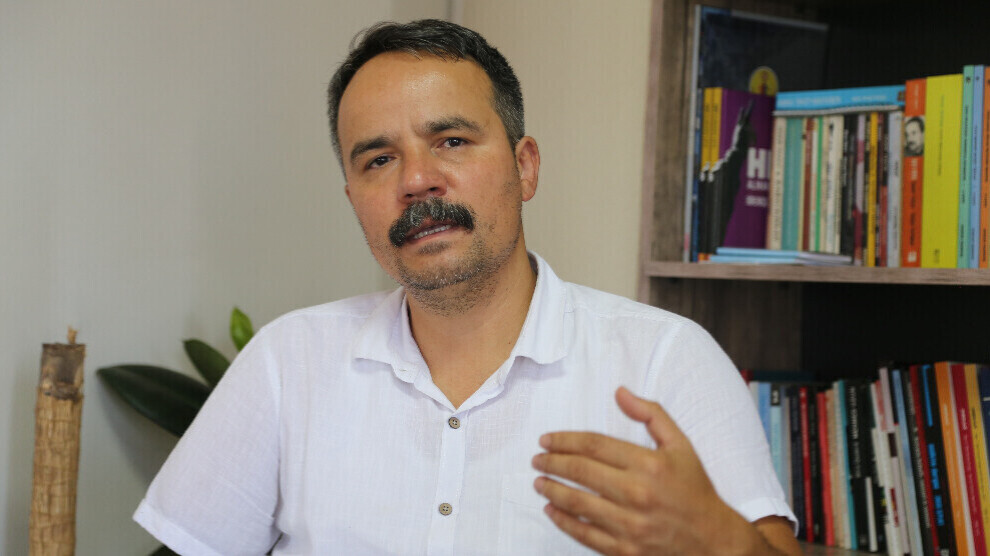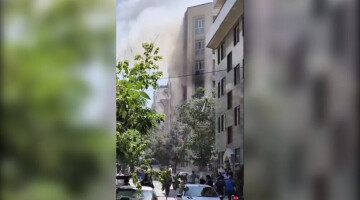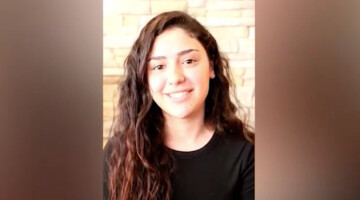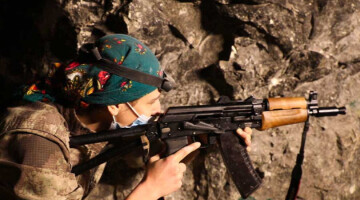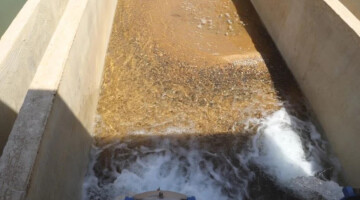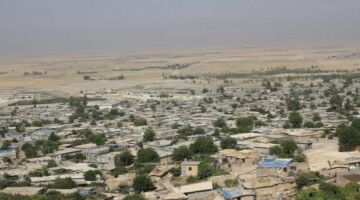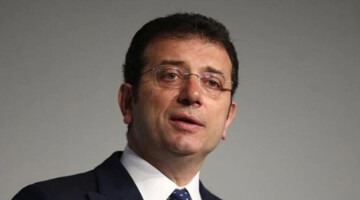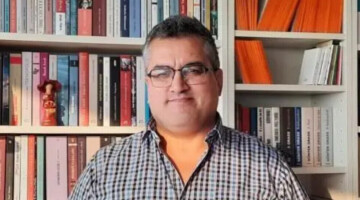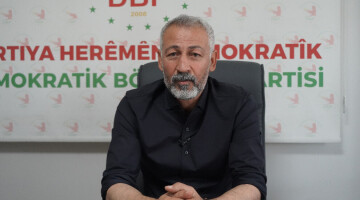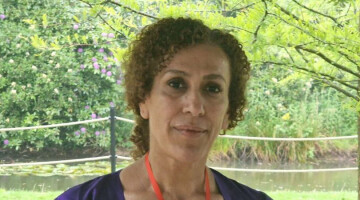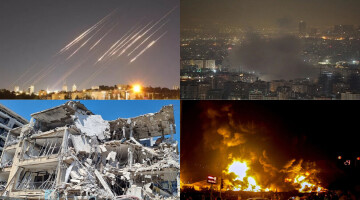In Turkey, a racist hate discourse against refugees from Syria is raging after the earthquake catastrophe on 6 February. The agitation is not new and has been fuelled by the Erdogan government for a long time. Especially in the province of Hatay, with its cosmopolitan population, there have been violent excesses involving not only state security forces but also dubious groups with a nationalist and jihadist orientation. Hate comments against Syrian and Afghan refugees are spread on digital networks and videos of brutal attacks are published.
Speaking to ANF, Veli Saçılık, co-spokesperson of the HDP Migration and Refugee Commission: "There are many Syrian refugees in Hatay. According to our colleagues on the ground, they were living in the worst and most destroyed houses, and many were buried under the rubble. At the same time, we also know that the survivors participated in the rescue work."
Saçılık noted that counter-propaganda is being used here to absolve the AKP and "the palace" of their responsibility: "An environment of disinformation is being created. The discourse of 'migrants looting houses' is meant to divert society's anger. The aim is to create an atmosphere in which racism and even torture are legitimised, the AKP can block aid, including HDP trucks, and people are at the mercy of religious associations and foundations."
Saçılık emphasised that the AKP and the palace have mainly engaged in plundering in the last 20 years: "They are the cause of this destruction. All these developments, especially the hate speech and lynching against refugees, are a means to cover up the crimes of the AKP and to shift the responsibility for the destruction onto people who have nothing to do with it and are even victims of it. There are news reports that the migrants are taking tents and relief goods with them. We personally sent our colleagues from here to the region and they told us that for the first five days there were no tents at all. There was no proper aid for the first five days. The people who went there to help and support were turned away by the disaster management agency AFAD, and the police. They were told: 'Go away from here, go back home, there is nothing to do here.' The reports of looting are deliberately spread rumours."
Contrary to the news, it is highly problematic for refugees to access aid, Saçılık stated, and went on to say: "If they die, we won't even know they are dead because most of them don't have identity cards. The situation is very serious. People are lying under the rubble and bulldozers are entering the destroyed buildings to remove the rubble. Since we don't know who that person is and whether they are dead or not, we can't register them. These people live a life of nothingness and are humiliated."
Veli Saçılık also pointed out that there are many members of the so-called "Free Syrian Army" (FSA) and other gangs in the Hatay region who even cooperate with the state: "For some reason, the reactions are never directed against these people. We know that the aid for Syria that comes through here is looted by them. We keep getting messages like this. For some reason, there is no reaction to what these Salafist gangs are doing in Syria and to the fact that they are travelling under state protection in Hatay and practising any kind of lawlessness they want there. The reaction is against people who are working there and fighting for their livelihood and their lives."

